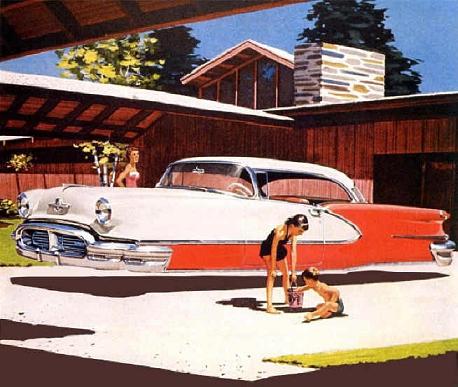If you hear a politician or community organizer tout the employment opportunities provided by Uber, realize that person is either misinformed or likely on the payroll in one form or another. The rideshare service may be temporarily using the posture of “job creator” for publicity purposes and to dodge regulation, but it has no interest in employing drivers. In fact, it’s business model pretty much demands it remove human hands from the wheel.
Whether Uber is Napster or not (and increasingly it seems to not be), this new app-enabled arrangement is here to stay, and it’s a major reckoning for the taxi industry in particular and, more broadly, Labor.
From Jon Kelvey at Nautilus:
“The natural end point has to rely on autonomous driving technology”—not humans, says Emilio Frazzoli, director of the Transportation@MIT Initiative. He thinks robots could be taking the wheel in the next 15 years, certainly within the next 30. The reasons, he says, are economical and cultural.
First, as much as 50 percent of an Uber ride’s cost goes toward paying the human behind the wheel, Frazzoli says, and that’s money that could be going into Uber’s pocket. Replacing human operators has already begun in Singapore, a city that relies heavily on public transit. It’s not widely advertised, Frazzoli says, but the subway trains there “are completely automated. They are just horizontal elevators.”
Felix Oberholzer-Gee, a professor at Harvard Business School, agrees. Uber, he says, is a perfect example of a business that benefits from network effects, where the value of its service increases with more use. But, unlike other companies that benefit from strong network effects, such as Facebook, Uber has to deal with bringing two different types of users—and networks—together: drivers and riders. The network effects of getting rid of human drivers, he says, “will make the platform even stronger.”
Plus, for reasons from supply to quality control, Oberholzer-Gee says getting drivers will likely always be more of a headache than finding more riders. With autonomous vehicles, he says, “You could have a guaranteed supply of one of the sides, and particularly of the side that is harder to manage.”•

